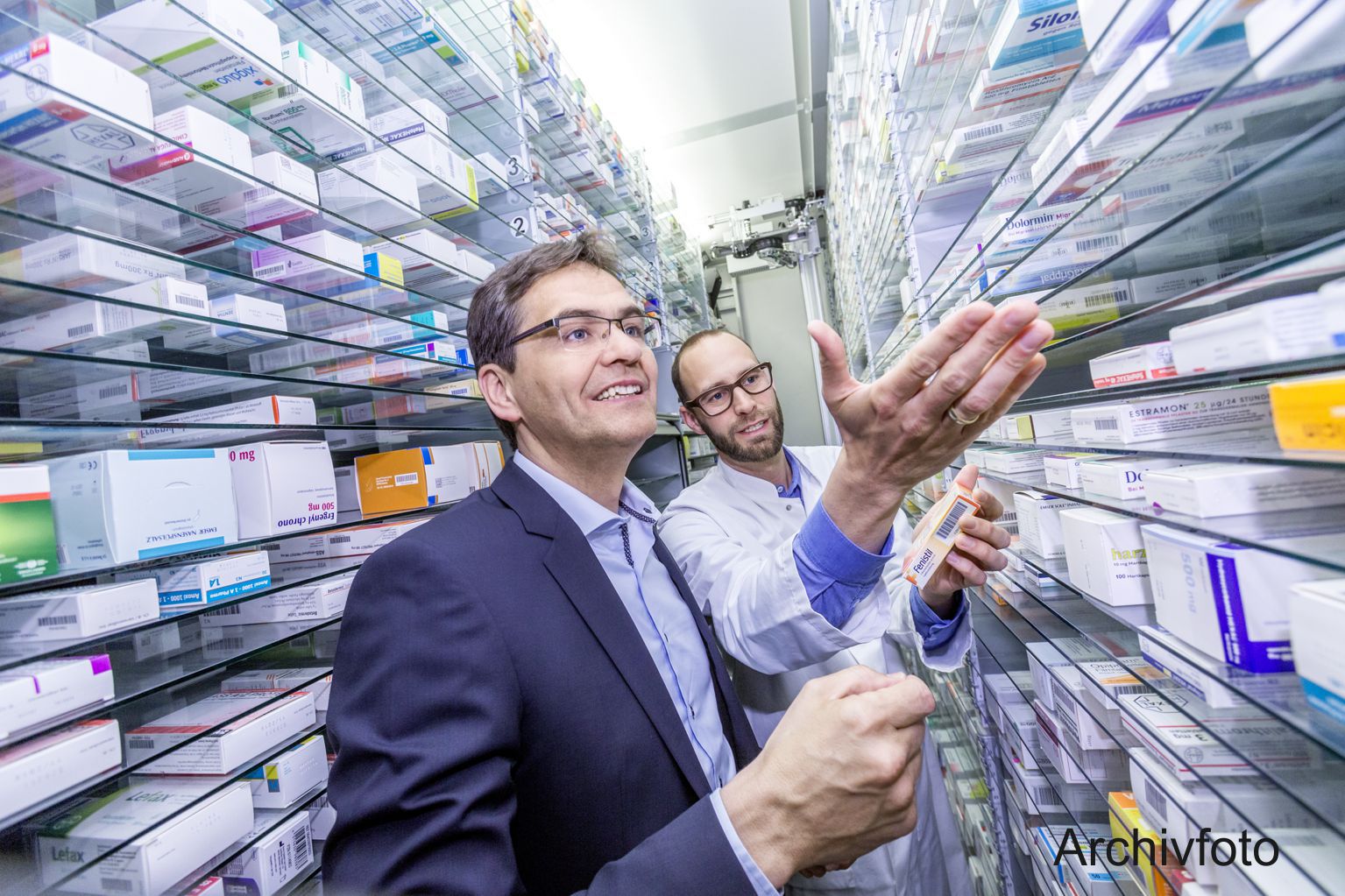Long-term changes to tender conditions are the most crucial point / Short-term measures also proposed
Peter Liese: The time is ripe for unified European efforts
On Tuesday, the European Commission introduced a comprehensive paper addressing the drug shortage issue. The paper outlines both short-term and medium- to long-term measures. In detail, the European Commission proposes, among other things:
- This month, a voluntary solidarity mechanism for medicines should be initiated.
- By the end of the year, a list of indispensable medicines should be compiled, to which special measures will apply.
- Existing regulations should be interpreted flexibly, making it easier, for instance, to send drugs from one country to another, even if they lack labeling in the destination country's language.
- At the start of 2024, the European Commission plans to introduce revised guidelines for drug procurement.
The health policy spokesperson for the largest group in the European Parliament (EPP-Christian Democrats), Dr. Peter Liese, commented, "It is high time the European Commission steps in. This issue has been escalating for years, and we can only truly resolve it if we work together. In my view, the changes to the procurement process, i.e., the tenders, are the most important aspect in the long run. In many European countries, the so-called generics - which represent 80% of the market but only a minuscule portion of the costs - have been priced very aggressively. While new, innovative drugs are often available at exorbitant prices, generics often have daily therapy costs of just one cent per day. Many European manufacturers couldn't withstand this tremendous price pressure, leading to the production shift to countries like India and China. This shift is one of the primary reasons for the current drug scarcity, which is why it needs to change."
"In the short run, modifications to the tender conditions will only offer limited assistance. While some production capacities within the EU can be ramped up immediately, establishing additional capacities will take more time. Therefore, I also welcome the immediate measures. From a medical standpoint, they aren't just treating the symptom but are more like emergency surgery, sometimes necessary when a problem has been overlooked for too long. However, long-term treatment and preventive measures are equally significant," the physician and European Parliament member emphasized.”


